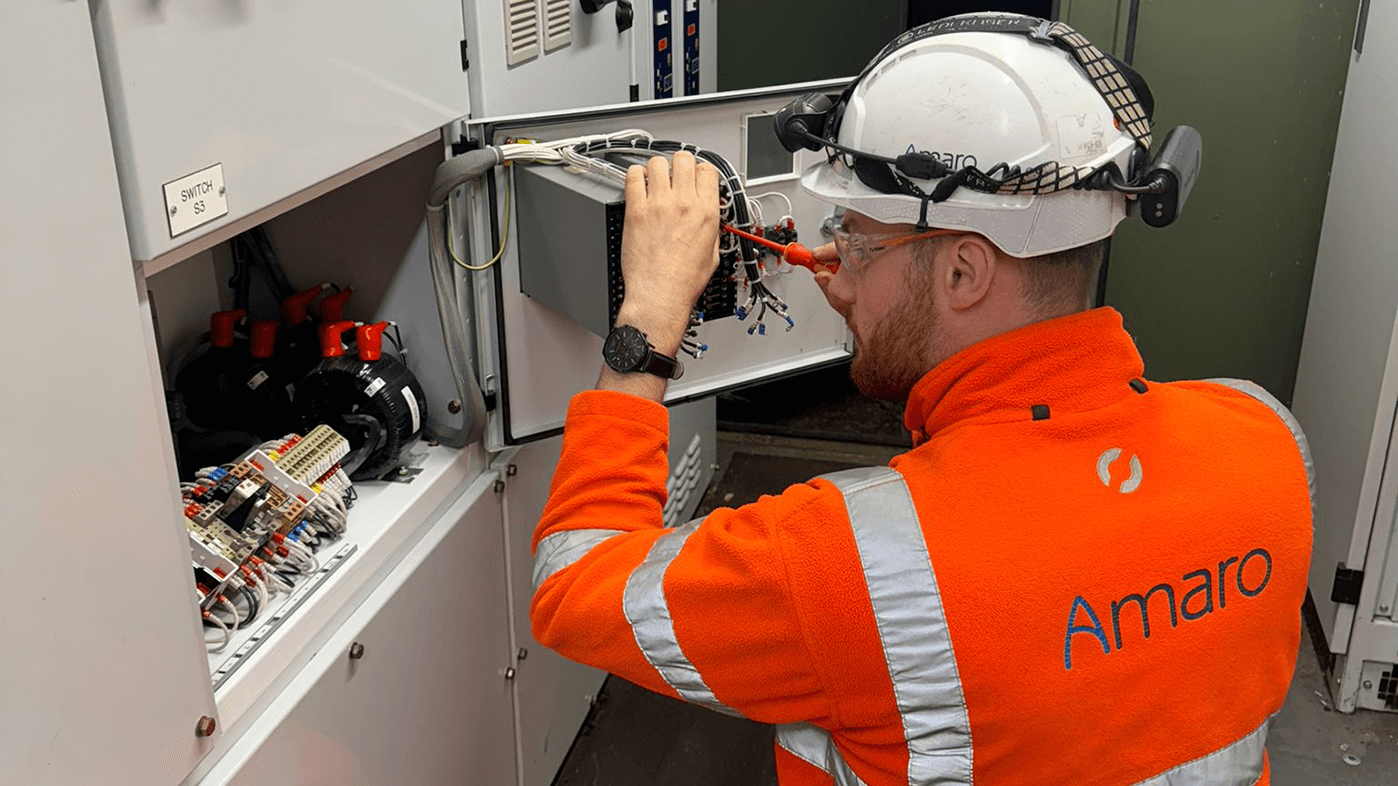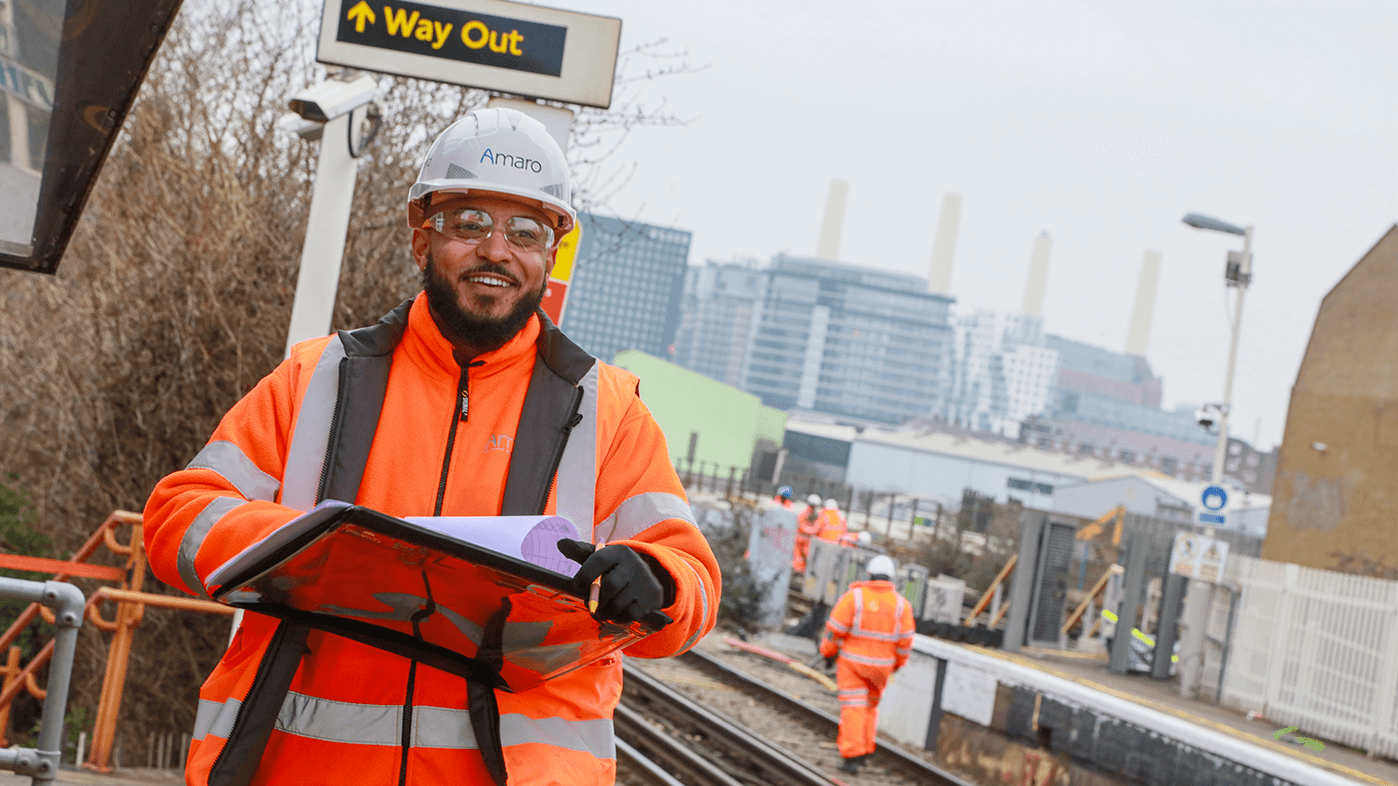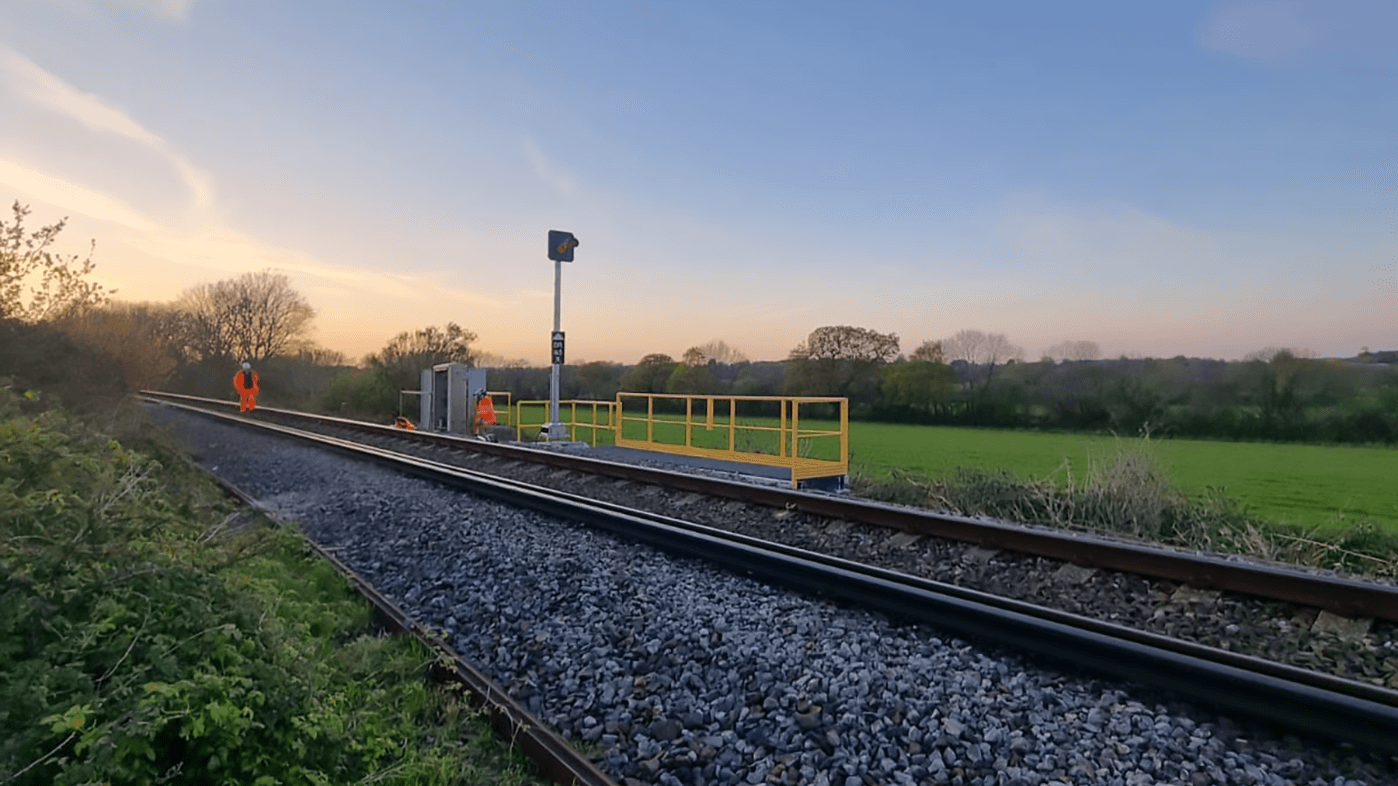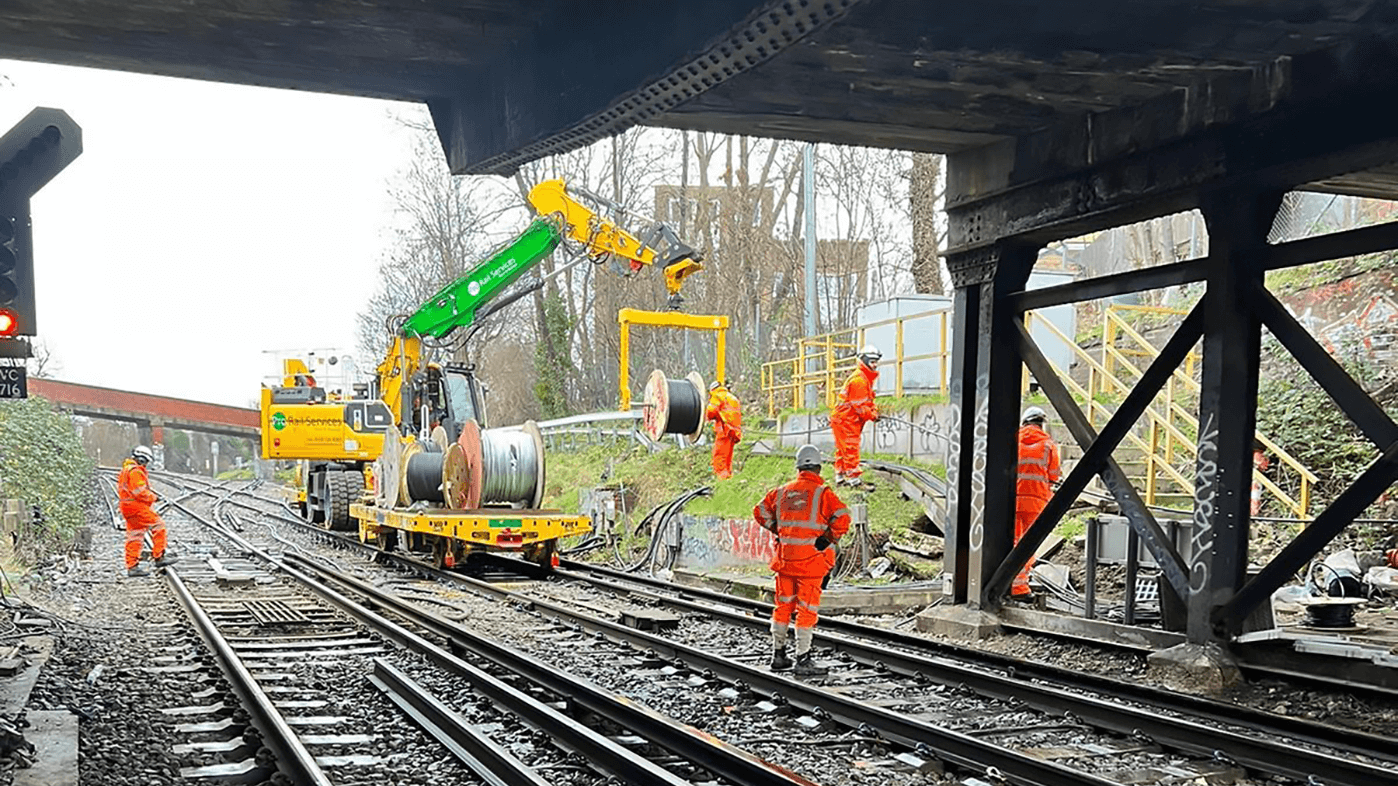The challenge
Due to a variety of resourcing issues within the Wessex area, Network Rail has been unable to keep up with the route’s pre-planned and regular signalling power supply maintenance over a number of years. The lack of maintenance and periodic testing, not to mention the replacement of end-of-life or faulty components, has resulted in a number of signalling failures, a high and unsustainable maintenance burden, and significant disruption to rail users throughout the area.
In addition to rising costs and disruption, the lack of general upkeep has meant that many components no longer adhered to current Network Rail standards with a comprehensive programme of testing, maintenance, and replacements being required to ensure the safe running of trains, whilst minimising the impact upon passengers.
The solution
Working directly for Network Rail, following a competitive tender Amaro was awarded a 3-year framework contract to carry out the necessary routine inspection, maintenance and testing of a substantial number of power distribution sites throughout the Wessex route:
- Testing cables to ensure they were fit for purpose
- Identifying and logging any faults
- Fixing minor issues in real time
- Returning later to resolve more serious issues
Prior to any site works commencing, however, our signalling team first carried out a comprehensive review of the existing signalling and signalling power records. In doing so, they gained a thorough understanding of what signalling equipment was fed from each individual feeder, as well as the extents of those areas that would be impacted by any power isolations. Thanks to this, our possession planning team had the information they needed to make access applications via Network Rail’s Possession Planning System (PPS). Once access had been arranged and agreed, our operatives were then able to carry out on-site maintenance works including:
- Earth electrode testing
- Insulation monitoring equipment testing (Bender testing)
- Cable continuity and insulation resistance testing
- FSP transformer insulation resistance testing
- PT1 inspections / FSP equipment thermal imaging
Where insulation resistance testing on cables indicated the presence of faults – or that the cable had gone beyond its serviceable life – our teams were tasked with replacing those cables. Regardless of their nature or severity, all faults were reported to the client and saw the completion of a Work Arising Input Form (WAIF), providing a summary of the fault, detailing the repairs necessary, and advising as to the appropriate timescales for their completion.
As well as the more planned and routine elements, this framework also saw our teams react to a number of both red and black alert triage events where extremely low insulation readings warranted the replacement of defective cables or the installation of temporary interrupter cables to stave off potentially significant signalling failures. Other, less critical, reactive works included the repair or reinitialisation of a number of CDS loggers that had stopped communicating with the client’s Intelligent Infrastructure system, frequently due to being installed in areas with poor mobile coverage, with small and ineffective aerials, or even within the likes of shipping containers.
The outcome
With Amaro’s involvement due to continue until March 2024, our project team is continuing to bring the route’s signalling power systems back into compliance, identifying where immediate remedial actions are required before replacing defective cables.
Despite occasional challenges surrounding access, works are progressing smoothly and in line with the client’s expectations. Thanks to the efforts of our team, the client is now beginning to receive a detailed picture of the condition of their signalling power systems and is able to make educated decisions as to what presents the greatest risk to the operational railway.




